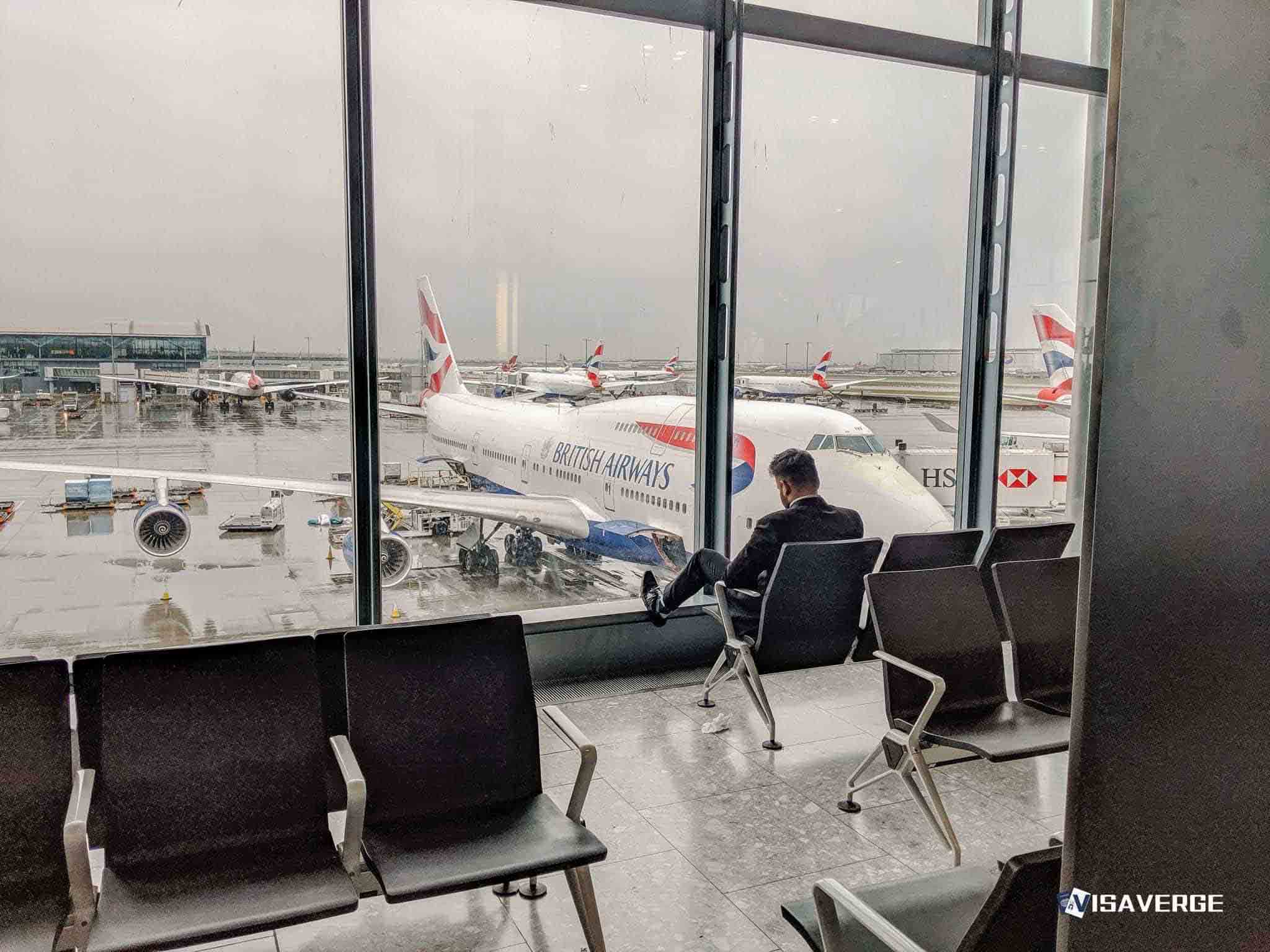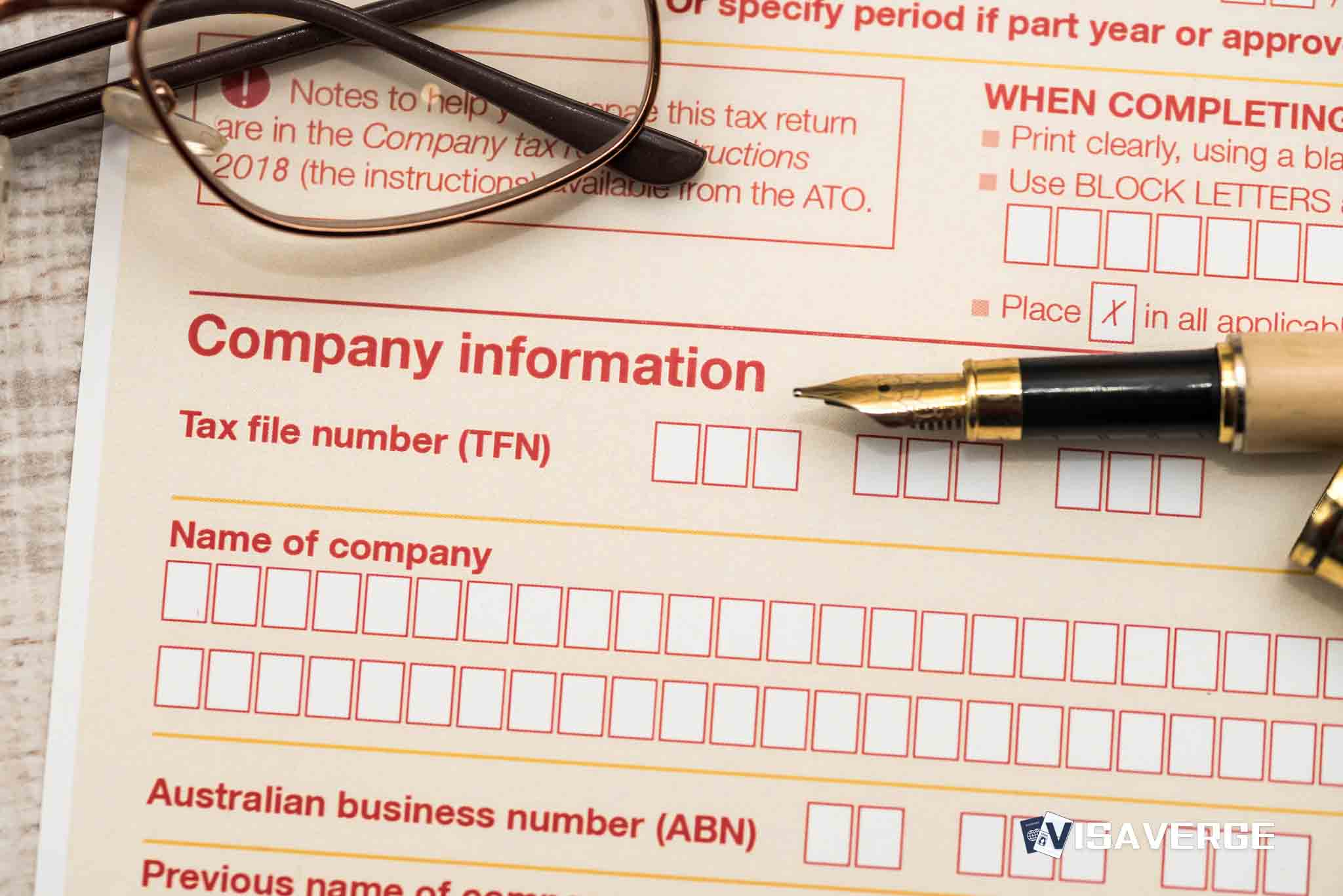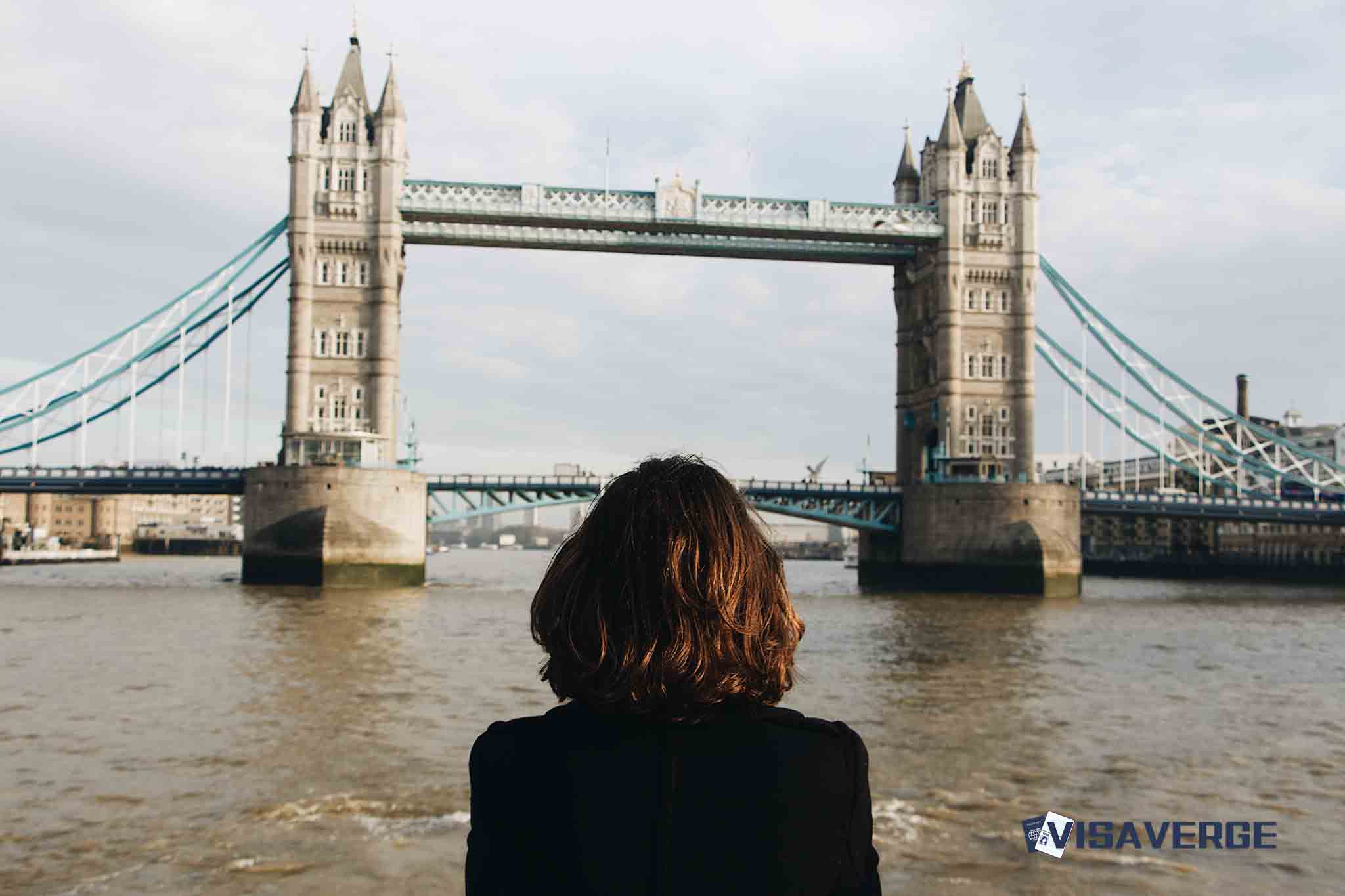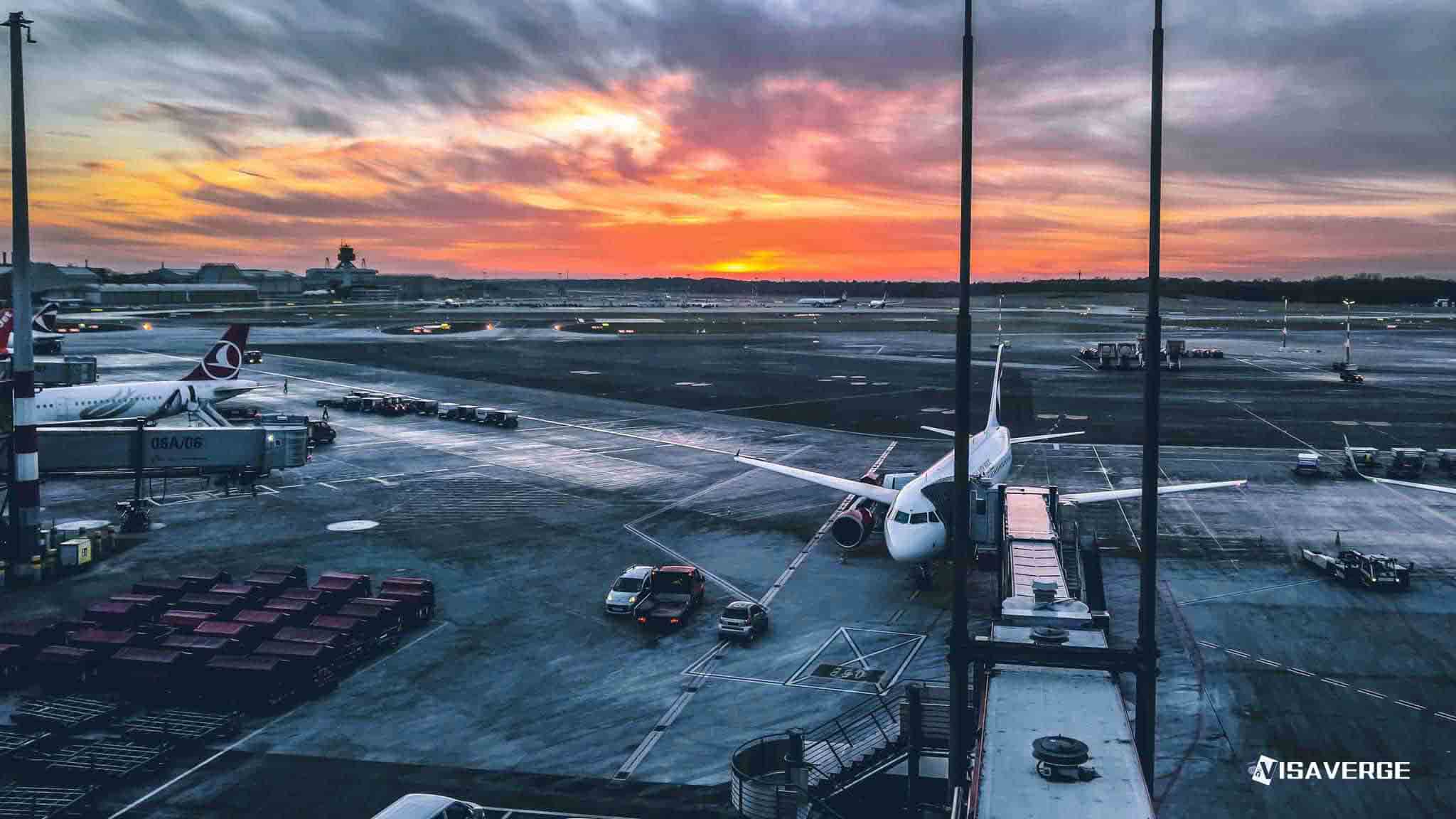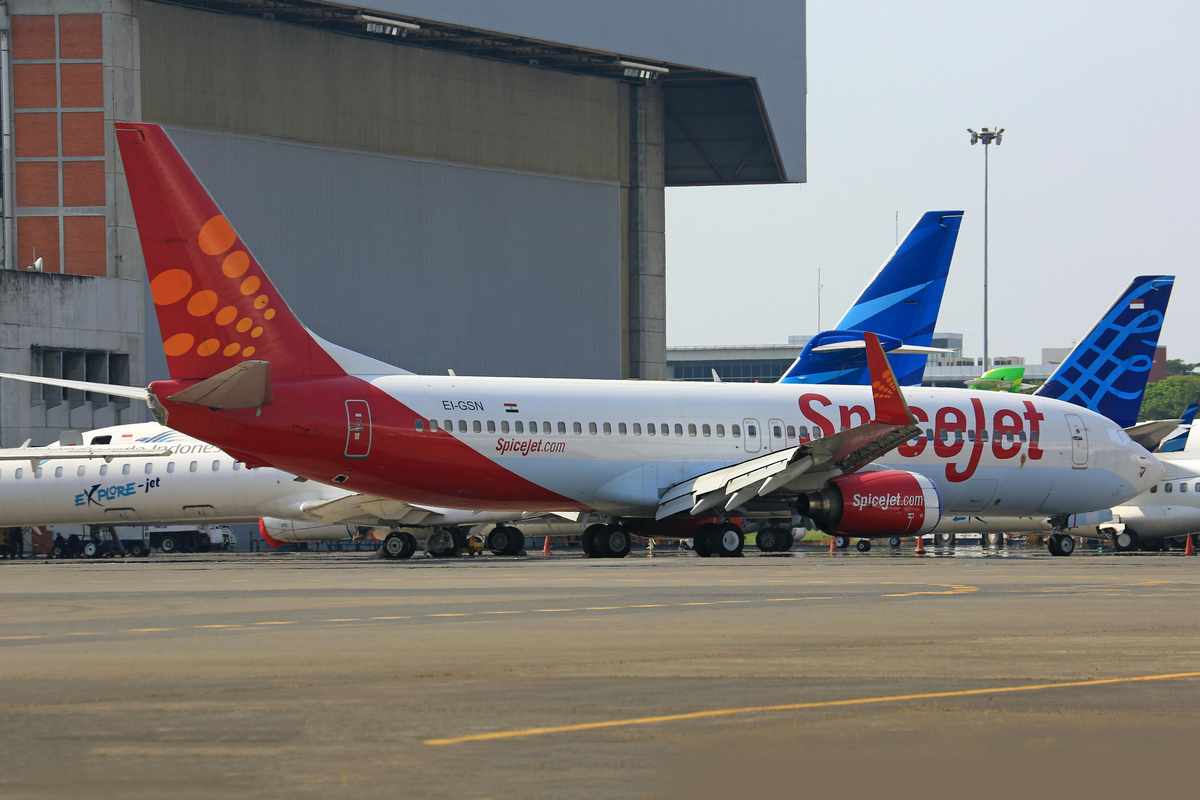Key Takeaways
• Over 15,000 migrants crossed the English Channel by small boats by June 2025, breaking previous records.
• On May 31, 2025, 1,194 migrants arrived in one day, the highest daily total recorded.
• UK government agencies intercept boats, process arrivals, and provide temporary accommodation amidst political debate.
Migrants Arriving in the UK by Small Boats: Record Crossings, Policy Struggles, and Human Impact in 2025
Migrants arriving in the UK 🇬🇧 by small boats are facing confusion and chaos as record numbers cross the English Channel in 2025. On May 31, 2025, more than 1,100 people arrived in a single day, and by early June, over 15,000 migrants had made the journey this year. Many new arrivals, disoriented and unsure of what to expect, have been seen asking “where is the hotel?” within moments of landing, highlighting the ongoing challenges for both the migrants and the UK 🇬🇧 government.
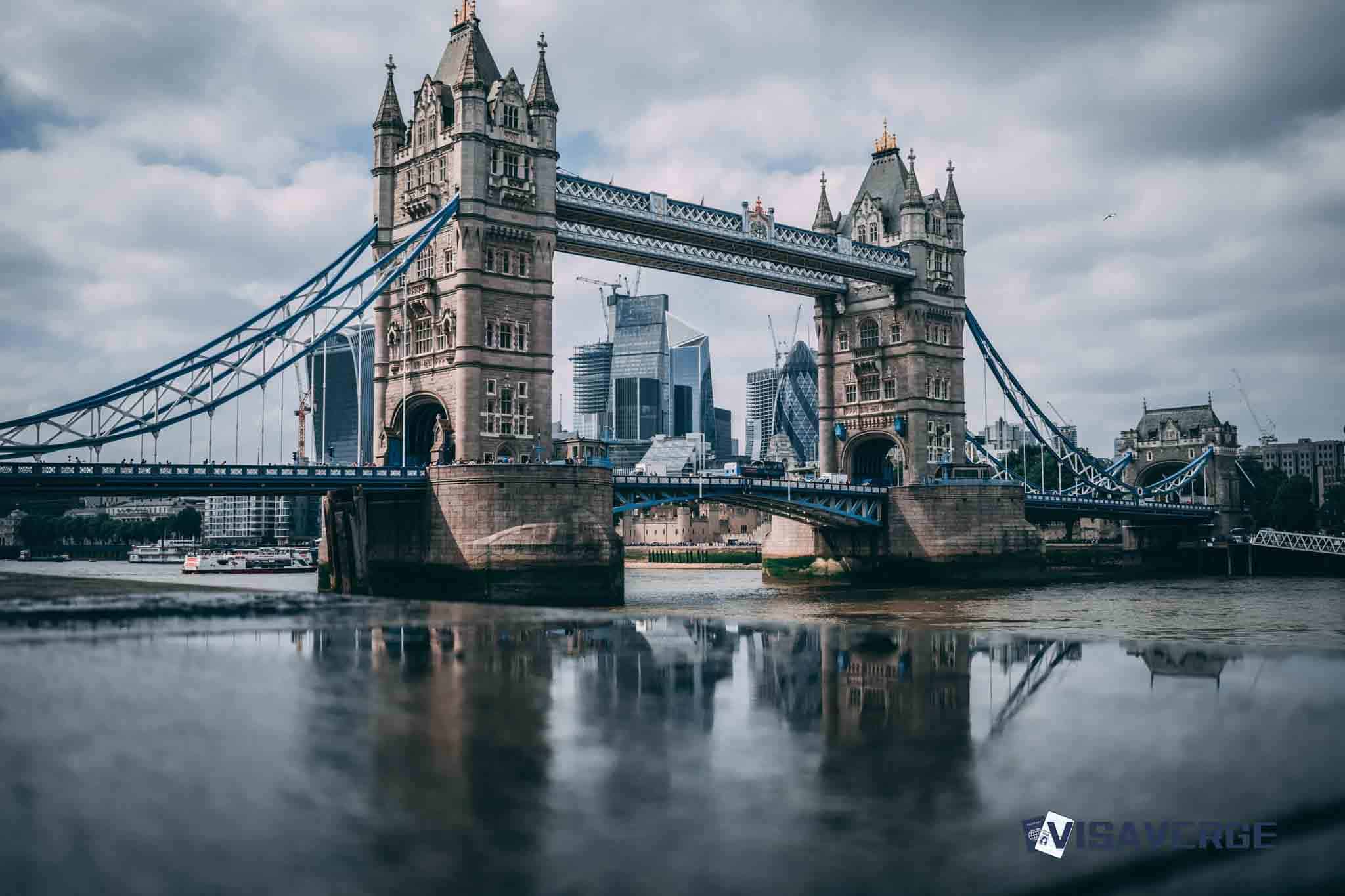
This article provides a detailed look at the current situation, the policies shaping the response, the experiences of migrants, and what might come next. It draws on official data, political statements, and expert analysis to give a clear, accessible picture of one of the UK’s 🇬🇧 most pressing immigration issues.
Record Numbers and Chaotic Scenes: What’s Happening Now?
Who is arriving, how, and why is this year different?
In 2025, the UK 🇬🇧 has seen a surge in migrants crossing the English Channel in small boats. As of early June, more than 15,000 people have arrived this way—already surpassing the total for the first six months of 2024. The crossings are happening despite rough weather and increased patrols. On May 31, a record 1,194 migrants arrived in a single day, the highest daily total ever recorded.
Why are so many migrants coming by small boats? Many are fleeing war, violence, or poverty in their home countries. Others are escaping trafficking or persecution. The English Channel, though dangerous, is seen as one of the last options for those desperate to reach the UK 🇬🇧.
What happens when they arrive? Reports from the ground show that many migrants are confused and anxious. Some, moments after landing, ask border officials “where is the hotel?” or “where will we stay?” This confusion points to the lack of clear information and the overwhelming nature of the arrival process.
How the UK 🇬🇧 Government Is Responding
Who is in charge, and what are they doing?
The UK 🇬🇧 government, through the Home Office, Border Force, and the Maritime and Coastguard Agency, is responsible for managing arrivals. When small boats are spotted, Border Force intercepts them at sea or meets them on the shore. Migrants are then taken to processing centers for safety checks, identity verification, and health assessments.
Political debate is fierce. The Conservative Party, now in opposition, has sharply criticized the Labour government for what they call a “collapse of border control.” They argue that the removal of earlier deterrents and legal barriers has made the UK 🇬🇧 a more attractive destination for irregular migration. Labour, while not reversing the current approach, faces mounting pressure to tighten border controls and speed up asylum processing.
Key government actions include:
– Interceptions at sea: Border Force and the Maritime and Coastguard Agency work together to spot and intercept boats.
– Processing centers: Migrants are taken to centers for checks and to begin the asylum process.
– Temporary accommodation: Many are placed in hotels or dedicated centers while their claims are processed.
The Numbers: How Big Is the Crisis?
Official statistics show the scale of the challenge:
- Over 15,000 migrants crossed the Channel in small boats by early June 2025.
- 1,194 migrants arrived on May 31, the highest single-day total this year.
- 14,812 arrivals in the first five months of 2025, already more than the previous record for the first six months of any year.
- Forecasts predict up to 85,000 crossings in 2025, which would double the total from 2018 to 2022 combined.
These numbers put enormous pressure on the UK’s 🇬🇧 border infrastructure, from rescue operations to accommodation and asylum processing.
What Happens to Migrants After Arrival?
A step-by-step look at the process:
- Interception or Arrival: Migrants are intercepted at sea or arrive on the UK 🇬🇧 coast.
- Rescue and Safety Checks: The Maritime and Coastguard Agency and Border Force ensure everyone is safe and receives medical attention if needed.
- Transport to Processing Centers: Migrants are taken to reception centers for further checks.
- Identity and Health Checks: Authorities verify identities and check for health issues.
- Asylum Application: Migrants can apply for asylum or other forms of protection.
- Accommodation Allocation: Migrants are assigned temporary accommodation, often in hotels or special centers.
- Asylum Claim Processing: Legal procedures begin to decide if the migrant qualifies for asylum or another status.
- Outcome: Migrants may be granted asylum, given another legal status, or face removal if their claim is denied.
Many migrants experience long waits, overcrowded facilities, and uncertainty about their future. The question “where is the hotel?” reflects not just confusion, but also the anxiety and hope that comes with reaching the UK 🇬🇧 after a dangerous journey.
Political and Policy Debate: What Are the Main Arguments?
Conservative Party: Shadow Home Secretary Chris Philp has called for the return of stronger deterrents, including ending legal barriers from the European Court of Human Rights (ECHR) and introducing annual caps on migration. Conservatives argue that the current approach encourages more crossings and undermines border security.
Labour Government: While Labour has not made major public changes to the current system, they face criticism for not acting quickly enough to control the situation. The government is under pressure to improve processing times, expand accommodation, and work with European partners to stop trafficking networks.
Migration Watch UK: This independent group tracks Channel crossings and has highlighted the record-breaking scale of the crisis. They call for urgent action to reduce crossings and improve border management.
Border Force and Maritime and Coastguard Agency: These agencies are on the front lines, rescuing migrants and managing arrivals. They face logistical challenges as numbers rise, including shortages of staff and resources.
Why Are Small Boat Crossings Increasing?
Several factors drive the rise in small boat crossings:
- Conflict and instability: Many migrants come from countries facing war, violence, or persecution.
- Economic hardship: Lack of jobs and poverty push people to seek better lives elsewhere.
- Trafficking networks: Criminal groups exploit migrants, offering dangerous crossings for high fees.
- Geography: The UK’s 🇬🇧 proximity to mainland Europe and its long coastline make it a target for irregular migration.
- Policy changes: Some experts argue that changes in UK 🇬🇧 and EU policies have made it harder to use legal migration routes, pushing more people to risk the Channel crossing.
Analysis from VisaVerge.com suggests that without new legal pathways and stronger international cooperation, the number of small boat crossings is likely to keep rising.
The Human Impact: What Do Migrants Experience?
Migrants arriving by small boats face:
- Dangerous journeys: The Channel is one of the world’s busiest shipping lanes, and small boats are often overcrowded and unsafe.
- Uncertainty on arrival: Many do not know what will happen next, where they will stay, or how long their asylum claim will take.
- Overcrowded facilities: Reception centers and hotels are often full, leading to delays and poor living conditions.
- Legal limbo: Asylum claims can take months or even years to resolve, leaving migrants in a state of uncertainty.
Human rights organizations stress the need for humane treatment and fair legal processes, even as political pressure grows to reduce crossings.
Policy Proposals and Calls for Change
Key proposals being discussed include:
- Ending ECHR-related legal barriers: Some politicians want to make it easier to remove migrants whose claims are denied.
- Annual migration caps: Setting a fixed number of migrants allowed each year.
- Stronger deterrence measures: Increasing patrols, using new technology, and working with France and other EU countries to stop boats before they leave.
- Faster asylum processing: Reducing the time it takes to decide claims, so migrants spend less time in limbo.
- Expanding accommodation: Building more reception centers or using other types of temporary housing to reduce overcrowding.
Each proposal has supporters and critics. Some argue that tougher measures are needed to stop dangerous crossings, while others say the focus should be on safe, legal migration routes and better support for those in need.
International Cooperation: Working with France and the EU
The UK 🇬🇧 cannot solve the Channel crossing crisis alone. Experts say that cooperation with France and other EU countries is essential to:
- Disrupt trafficking networks: Joint operations can target the criminal groups organizing crossings.
- Improve legal migration pathways: Creating more options for legal migration could reduce the need for dangerous journeys.
- Share responsibility: Agreements on processing asylum claims and sharing the burden of accommodation can help all countries involved.
Bilateral agreements have been tried before, but the scale of the current crisis means new solutions may be needed.
Background: How Did We Get Here?
Small boat crossings have surged since 2018. Over 160,000 migrants have crossed the Channel illegally in that time. The UK 🇬🇧 government has tried several measures, including:
- Increased patrols and surveillance
- Legal reforms to speed up removals
- Bilateral deals with France
Despite these efforts, the number of crossings has risen each year. The debate over how to respond has become a major political issue, with both main parties blaming each other for the crisis.
What’s Next? The Future of Channel Crossings
Looking ahead, several trends are likely:
- Continued high numbers: Unless major changes are made, 2025 could see the highest number of small boat crossings ever.
- New laws and policies: The government may introduce new legislation to speed up asylum processing or limit arrivals.
- More accommodation: Plans to expand reception centers or use other types of housing are likely.
- Ongoing political debate: The issue will remain at the center of UK 🇬🇧 politics, with strong opinions on all sides.
- Seasonal changes: Weather will continue to affect when and how many boats attempt the crossing.
Migrants, meanwhile, will continue to face uncertainty and risk as they seek safety and a better life in the UK 🇬🇧.
Practical Information and Official Resources
If you want to learn more about the official statistics and government response, visit the UK government’s official page on migrants detected crossing the English Channel in small boats.
For those seeking asylum or supporting migrants, the Home Office provides information on the asylum process and available support. There are also many charities and legal organizations offering help to migrants and refugees.
Takeaways and Next Steps
- The UK 🇬🇧 is facing record numbers of migrants arriving by small boats in 2025, creating challenges for border control, accommodation, and asylum processing.
- Migrants often arrive confused and anxious, unsure of what will happen next.
- Political debate is intense, with calls for both tougher measures and more humane treatment.
- Experts agree that international cooperation and new legal pathways are needed to address the crisis.
- For the latest official updates and statistics, use the government’s dedicated resource page.
As the situation continues to evolve, it remains important to balance border security with humanitarian obligations, ensuring that migrants are treated fairly and that the UK 🇬🇧 can manage arrivals safely and effectively.
Learn Today
Small boats → Vessels used by migrants to cross bodies of water like the English Channel in dangerous conditions.
Border Force → UK government agency responsible for immigration control and safety at UK borders.
Asylum application → Request made by migrants seeking protection from persecution or danger in their home countries.
Maritime and Coastguard Agency → UK agency tasked with maritime safety, including rescuing migrants at sea.
ECHR → European Court of Human Rights, which influences UK immigration legal decisions and protections.
This Article in a Nutshell
In 2025, record numbers of migrants cross the English Channel by small boats, facing confusion and uncertain futures. The UK government struggles to manage arrivals through interceptions, processing centers, and temporary housing, amid heated political debates and calls for stronger border controls and international cooperation.
— By VisaVerge.com



